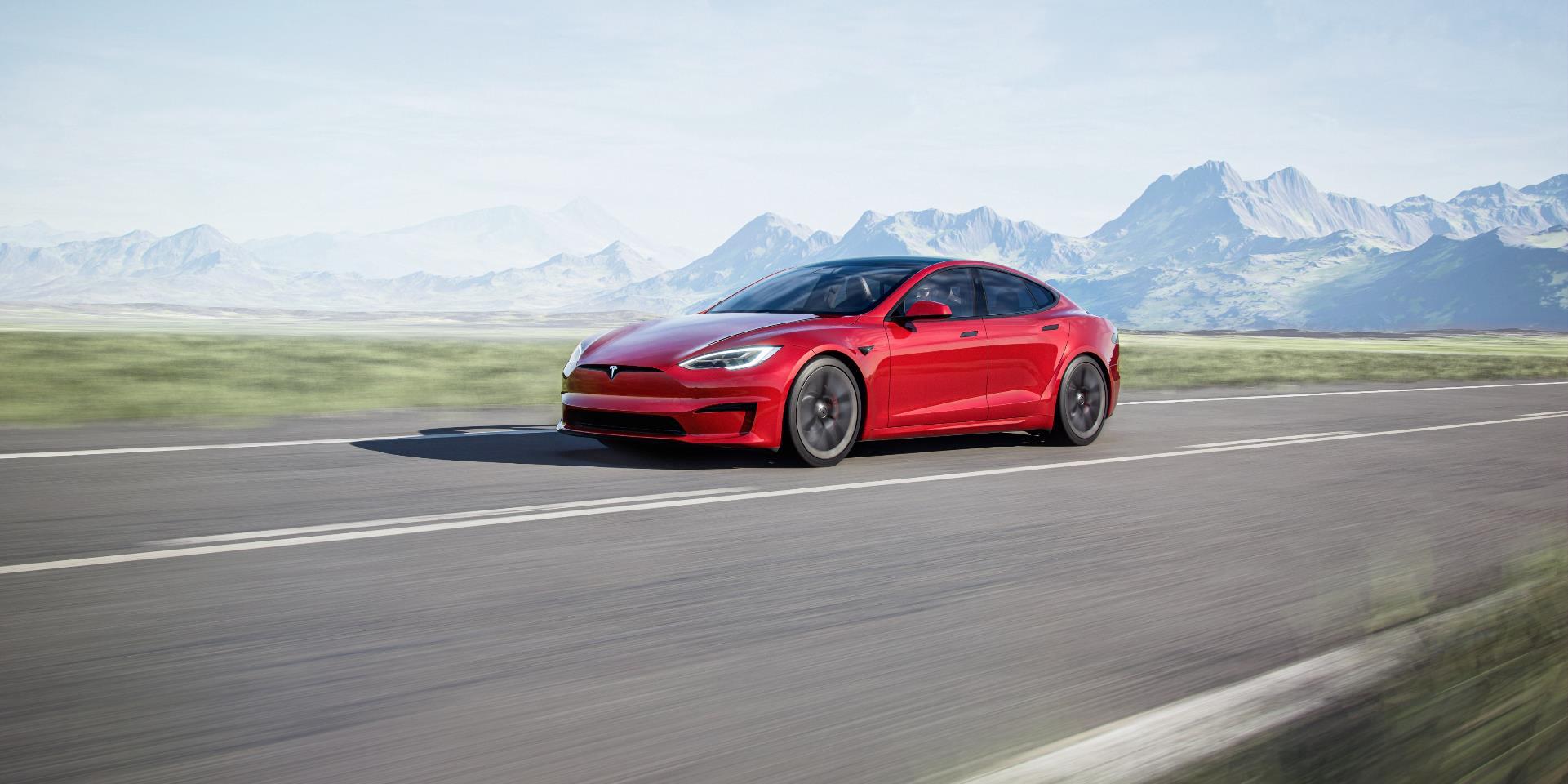Tesla (NASDAQ: TSLA) and Volkswagen are forecasted to be the most profitable players in the electric vehicle space for the next few years, according to UBS analysts headed by skeptic Patrick Hummel. UBS released a note to investors on Wednesday that indicated American electric car company Tesla and German automaker Volkswagen are sitting in the best position moving forward, and it comes down to software.
Profitability seems to be where Tesla really separates itself from Volkswagen in terms of UBS projections, which see the two car manufacturers holding a substantial lead by 2025. Estimates show that Tesla will sell 2.3 million electric vehicles in 2025, with Volkswagen selling just 300,000 more at 2.6 million. However, Tesla’s operating profit will be nearly three times that of Volkswagen’s as UBS also forecasts $20 billion in annual profits for the California-based electric car company headed by Elon Musk. Volkswagen could make $7 billion that year.
With its plan to go fully electric by 2035, General Motors sits in third, with 800,000 EVs sold in 2025, giving the company a projected profit of $2 billion, UBS told investors, according to MarketWatch.
According to Hummel, of Tesla’s projected $20 billion profits in 2025, 45% will come from its in-house software alone. We estimate that $9 billion of the $20 billion OP is directly related to the monetization of Tesla’s software capabilities (mainly full self-driving),” the note to investors said. Tesla’s substantial lead in the sector doesn’t come down to production or range ratings. Its software, which is vastly more robust than any other car company in existence, is where Tesla sets itself apart from everyone else. Over the Air updates are one of the company’s most distinct advantages, allowing owners to upgrade their vehicles on what seems like a weekly basis, all through an internet connection. Additionally, it can expand performance ratings, range capabilities, and self-driving software, another sector where Tesla is currently dominating.
Volkswagen has plenty of potential as well, and its ID. series of vehicles could be the German company’s way into a highly competitive EV market. “VW should be well ahead of all other legacy OEMs, thanks to scale, but with a much smaller upside from software vs. Tesla.”
ALSO READ:
Tesla FSD Beta’s public rollout gets an expected release date
What is perhaps Tesla’s biggest advantage, according to the UBS note, is its distinct focus on electric cars only. While OEMs like Volkswagen have continued to maintain that they are “all-in” on electrification, only Tesla remains in the shortlist of companies who are producing mass-market EVs without any time or money being funneled into combustion engine projects. Like Volvo and GM, many companies have lined up specific dates of when the final ICE vehicle will roll off of their production lines, but the longer they wait, the more of an advantage Tesla seems to gain.
“All large global OEMs including VW have accelerated software/digitization investments, but it remains to be seen if their strategies succeed. Tech companies and EV pure-plays are potentially in a better position to be the leading innovators,” the note said.
Time will only tell if the OEM’s strategy to not fully commit to EVs will pay off. Ultimately, Tesla sits in the proverbial driver’s seat until another car company can prove its worth in the sector, and it may not happen until a company fully commits to electrification.
Hummel raised his price target on Tesla stock from $325 to $730 while holding a Neutral rating.
Disclosure: Joey Klender is a TSLA Shareholder.

